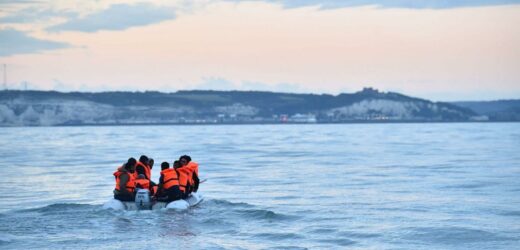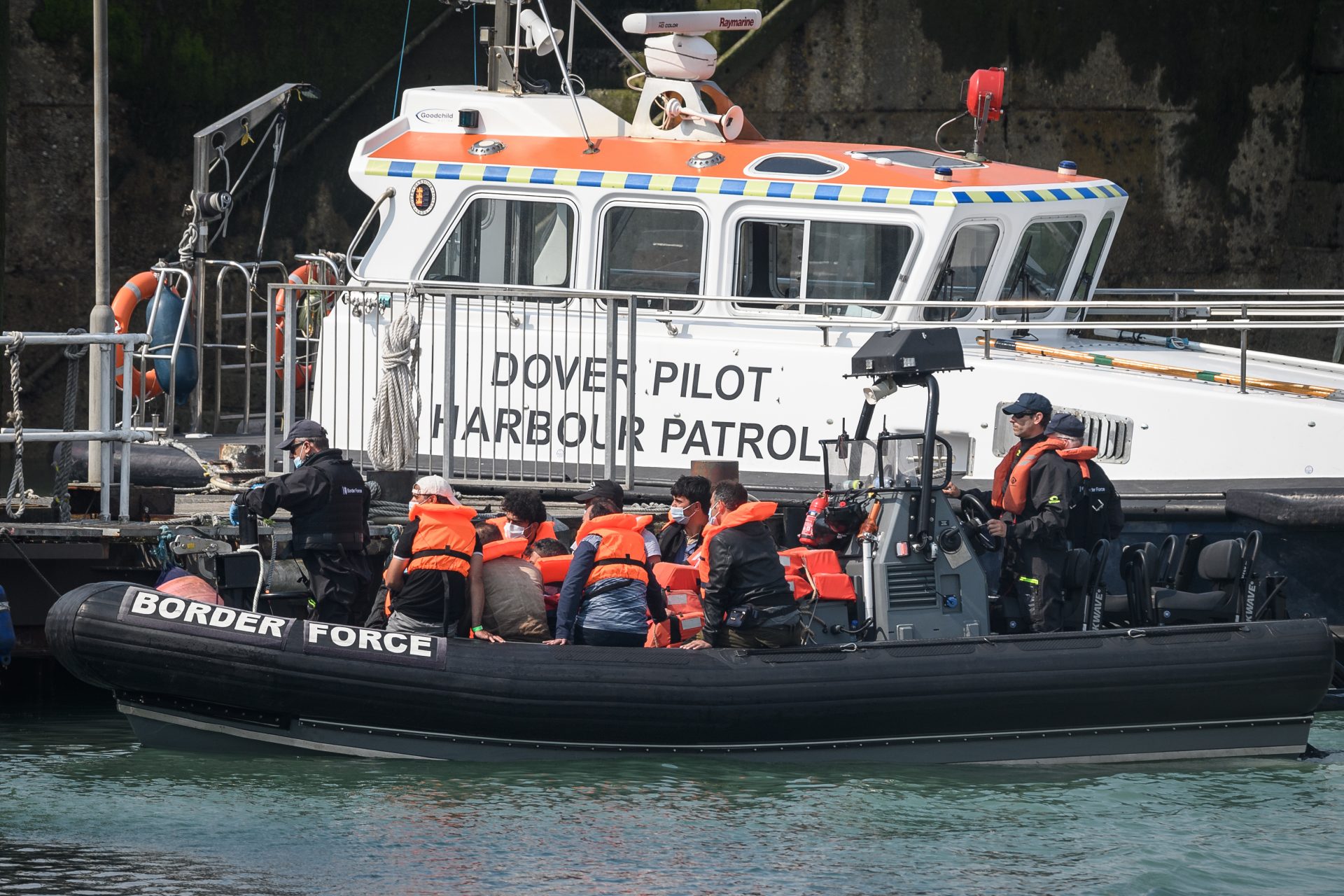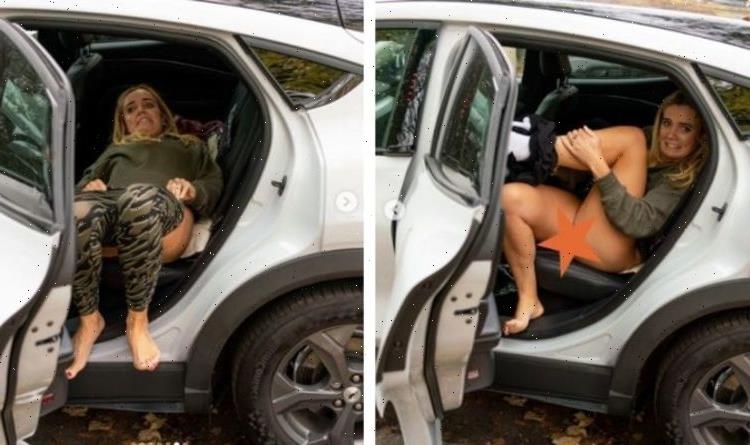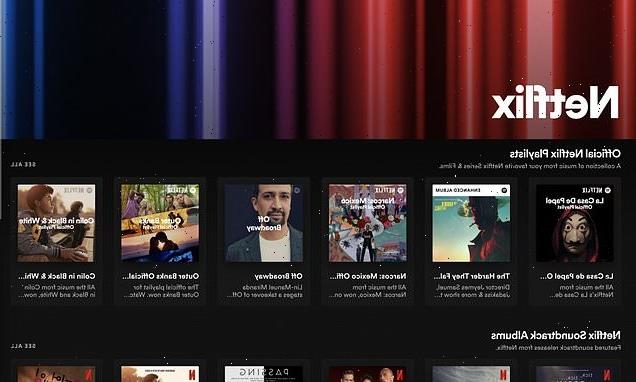Written by Amy Beecham
As 27 people die trying to cross the channel, we can’t keep ignoring the humanitarian crisis.
On Wednesday 24 November, 27 people died while trying to cross the English Channel, including a pregnant woman and three children. The International Organization for Migration said it was the biggest single loss of life in the Channel since it began collecting data in 2014, and it has continued thedebate between the UK and French governments over how to tackle the ongoing migrant crisis.
The number of migrants crossing the English Channel in small boats has risen over the past three years, according to Home Office data.
Almost 26,000 people are believed to have arrived in Britain this year after crossing the Channel on small boats – almost three times the number that arrived in 2020.
The government has repeatedly promised to make such crossings “unviable” and pledged tens of millions of pounds to France to help tackle the issue from Calais.
However, many refugee charities warn that increased patrols along the Channel and the authorisation for Border Force officials to turn back boats carrying migrants to the UK in limited circumstances fail to deal with the root causes of why people are risking their lives during the perilous journey.
Around 29% of migrants who arrived in the UK between January 2020 and June 2021 were from Iran, according to data released to the British Refugee Council through a freedom of information request by iNews. Almost 20% travelled to the UK from Iraq, while around 11% were from Sudan and Syria respectively.
Indeed, as the refugee crisis in Afghanistan continues to worsen, amid food shortages and civil unrest, campaigners are calling for safer, legal routes for refugees and asylum seekers.
Beth Gardiner-Smith, CEO of refugee charity Safe Passage International said in a statement:“We are shocked and saddened by the tragic news unfolding in the Channel. Our hearts go out to the families and loved ones of all those who have lost their lives.”
Calling on the Home Secretary Priti Patel to resign in the wake of the tragedy, Gardiner-Smith continued: “The tragic truth is that these deaths could – and should – have been prevented. No one should have to risk their life to reach safety. Every day, men, women and children are having to make extraordinary efforts to reach safety, sanctuary and loved ones here in the UK because there is no other way. To prevent a repeat of this tragedy, refugees urgently need safe routes to reach their loved ones, find refuge and have the chance to rebuild their lives.
“More and more people are risking the freezing, frightening journey across the Channel in small, unstable boats since the government closed safe routes to the UK last year. Choosing to play politics with people’s lives, the government has failed to prevent people risking the crossing and this is the result. The government must act now to save lives by opening safe routes to the UK, and scrap their unworkable plans in the Nationality and Borders Bill which will only make the situation worse.”
What causes the migrant crisis?
As charity Care4Calais explains, refugees that come from a country that is at war or under oppression are unlikely to be issued witha passport or visa, meaning that they have no legal way to travel. Asylum is a legal right, but to claim it you have to be physically present in the country and there is no legal way to get here.
“That’s why we campaign for ‘safe and legal’ routes; they don’t exist for most refugees,” they write on their website.
Once refugees arrive in the UK, they must prove they cannot return to their home country because they fear persecution due to their race, religion, nationality, political opinion, gender identity or sexual orientation.
If someone gets refugee status, they and their dependents can remain in the country for five years. After five years, they can apply to settle in the UK.
As Care4Calais also points out, it is a common and false misconception that all refugees try to get to the UK. “Sweden and Hungary, which both have much smaller populations than the UK, have taken several times more refugees per head of population than the UK has,” it explains on its website.
Asylum seekers in the UK are given an allowance of just £5.39 per day to coverfood, drink, transport, clothing and toiletries; without even considering the ‘luxury’ of mobile phone credit so they can stay in touch with family back home, or occasional toys for their children.
The migrant crisis: how you can help
Care4Calais publishes lists of ts most needed items for donation, which include unlocked mobile phones, oyster cards, coats and children’s products like nappies, prams and clothes.
You can also volunteer to work face to face with refugees who have arrived, collecting and distributing clothes, shoes, mobile phones and other essentials. Volunteers also help them to access services such as legal aid, English lessons or public transport. Care4Calais can be donated to here.
Safe Passage encourages people to sign up to campaign for safer, legal migration routes and can also be donated to here.
Images: Getty
Source: Read Full Article



